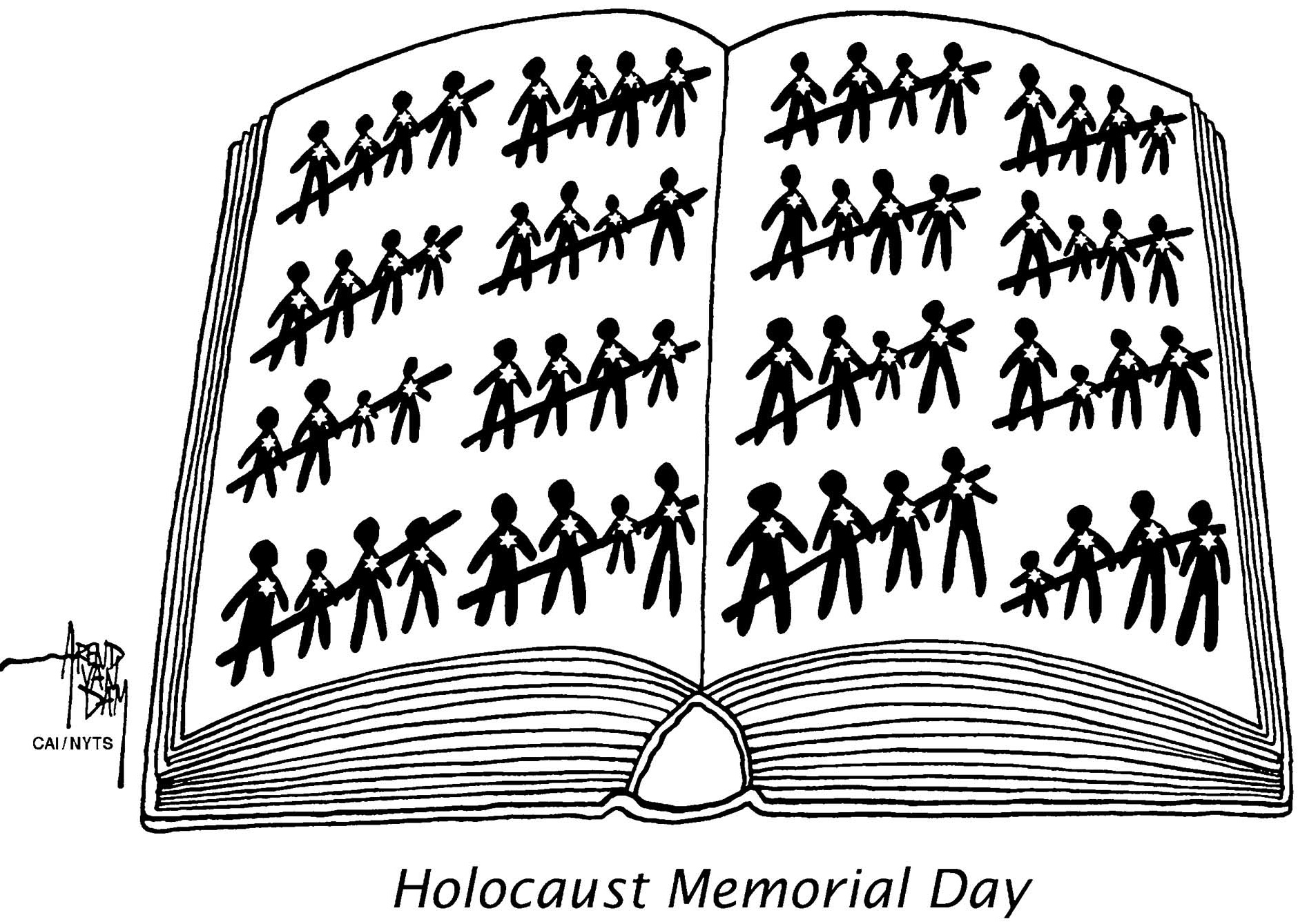In 1943, as news of Nazi atrocities began to spread, the Ukrainian-born Hebrew writer, Haim Hazaz, published "The Sermon." The story's main character is Yudka, a kibbutz member usually reticent to speak. One evening, though, Yudke erupts with a speech that has become an Israeli classic.
"I want to state," Yudka says, "that I am opposed to Jewish history. ... We didn't make our own history, the goyim made it for us. ... What is there in it? Oppression, defamation, persecution, martyrdom. I would simply forbid teaching our children Jewish history. Why the devil teach them about their ancestors' shame? I would just say to them: 'Boys, from the day we were exiled from our land we've been a people without a history. Class dismissed. Go out and play soccer.'"
At first blush, it seems surprising that Hazaz's urging his Jewish audience to divorce themselves from Jewish history would have become such a fixture of Israeli literature. History is a pillar of Israeli life and culture, the country's very raison d'etre. Without thousands of years of history, Israelis cannot justify their claim to the land on which their state stands. Without the horrors of the 20th century, the international community would probably not have thrown its support behind the idea of a Jewish state.


















With your current subscription plan you can comment on stories. However, before writing your first comment, please create a display name in the Profile section of your subscriber account page.